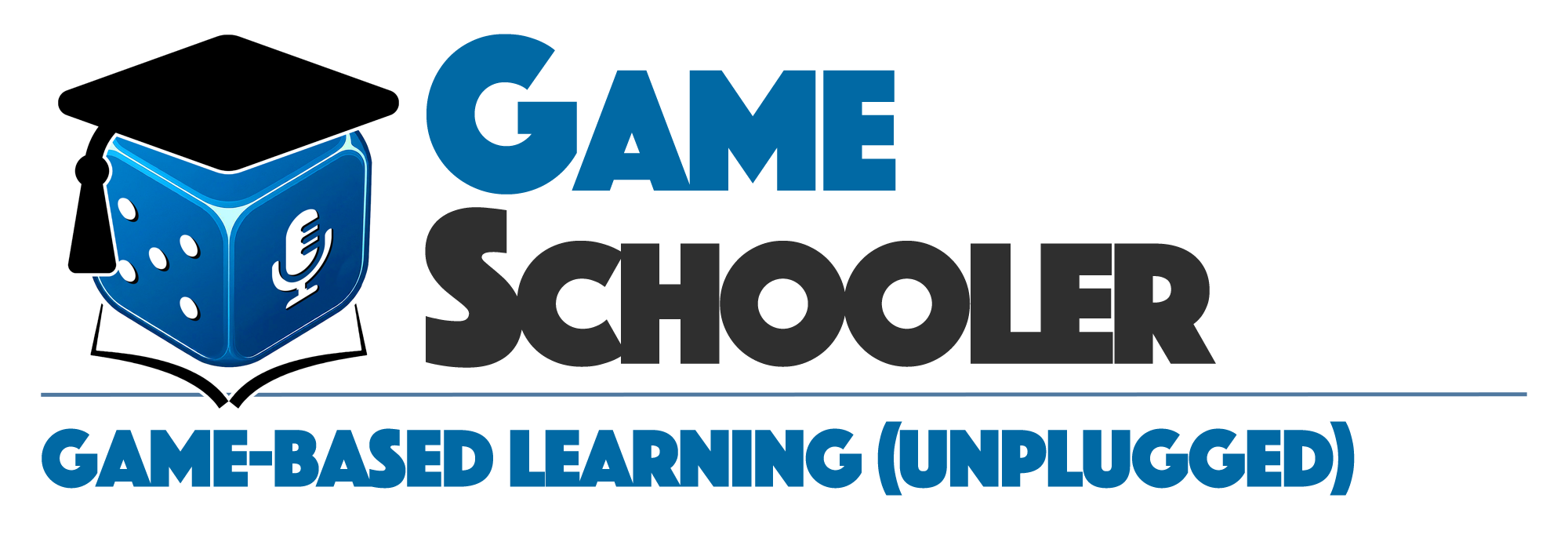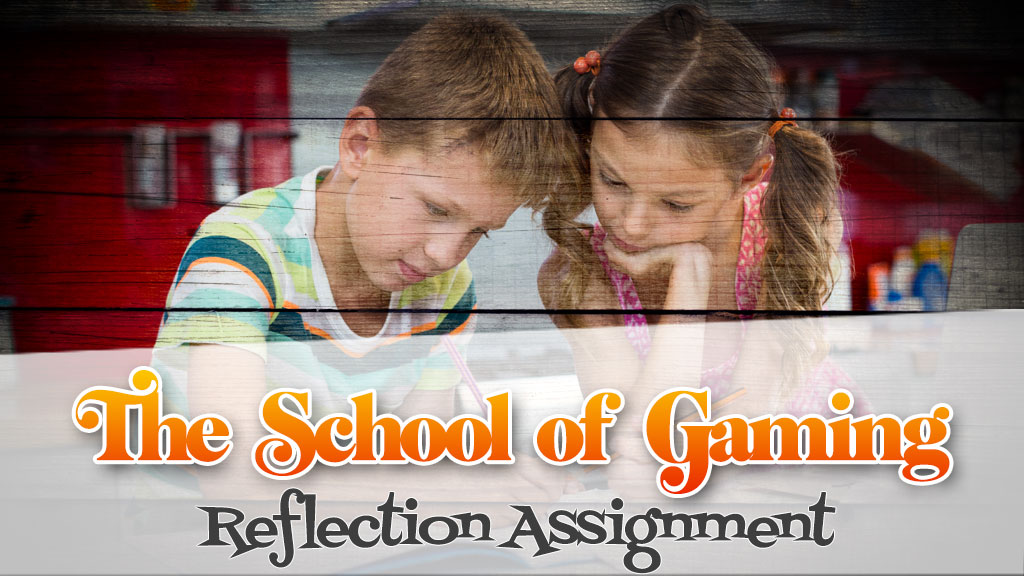So, you’ve just had your students complete a board game, now what? Whether you’re guiding a classroom of 24 kiddos or leading a homeschool classroom of one, we’re going to provide you with a foundational activity used to foster critical thinking and develop personal responsibility.
Reflection is a critical ingredient to learn from recent events and carry that learning to future scenarios. Reflection-on action refers to looking back to recent events to learn from what just happened.
In summarizing and synthesizing different types of reflection, Professor Dr. Timothy Dickel noted:
“Reflection-in and on-action consists of two processes combined into one activity. First, there is the spontaneous thought that occurs within an activity, then something unexpected happens that is contrary to expectation. This contradiction necessitates rethinking of the original assumptions and results in new actions which are intended to meet the needs of the situation”.
Immediately following gameplay, even if the table is a mess of cardboard and plastic, dive into the Gameschooler Reflection Assignment. It sounds worse than it is, but we needed to have an official title in case you’re a game schooler on a Friday and your boss just happens to be doing rounding, walk-throughs, unannounced observations, or whatever the administrative flavor-of-the day observational technique is en vogue.
The Gameschooler Reflection Assignment is simple. On a blank piece of paper or in notebook, have students draw a line in the middle of the notebook vertically and horizontally.
The student should now have four boxes on their paper. At the top of each box, have students write one of the following questions:
- What did you think about the game?
- What did you do well in the game?
- What did you struggle with during the game?
- What will you do differently next game?
That’s it.
All you have to do, is ask the question, and get out of the way so students can reflect on the gameplay and provide reasons to their actions.
You know your students better than anyone else, if you’re trying to save time or want to scaffold the responsibility, you may want to handout the Gameschooler Reflection Assignment to them before gameplay.
References and Links:
Dickel, C.T. (2011). Reflection: a taxonomy and synthesis of descriptions of reflective practice/reflective inquiry. Unpublished manuscript, Department of Education, Creighton University, Omaha, Nebraska, United States.

